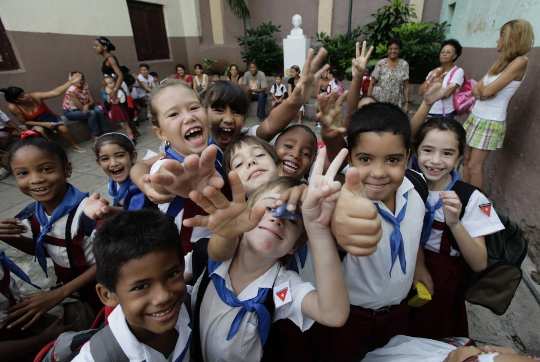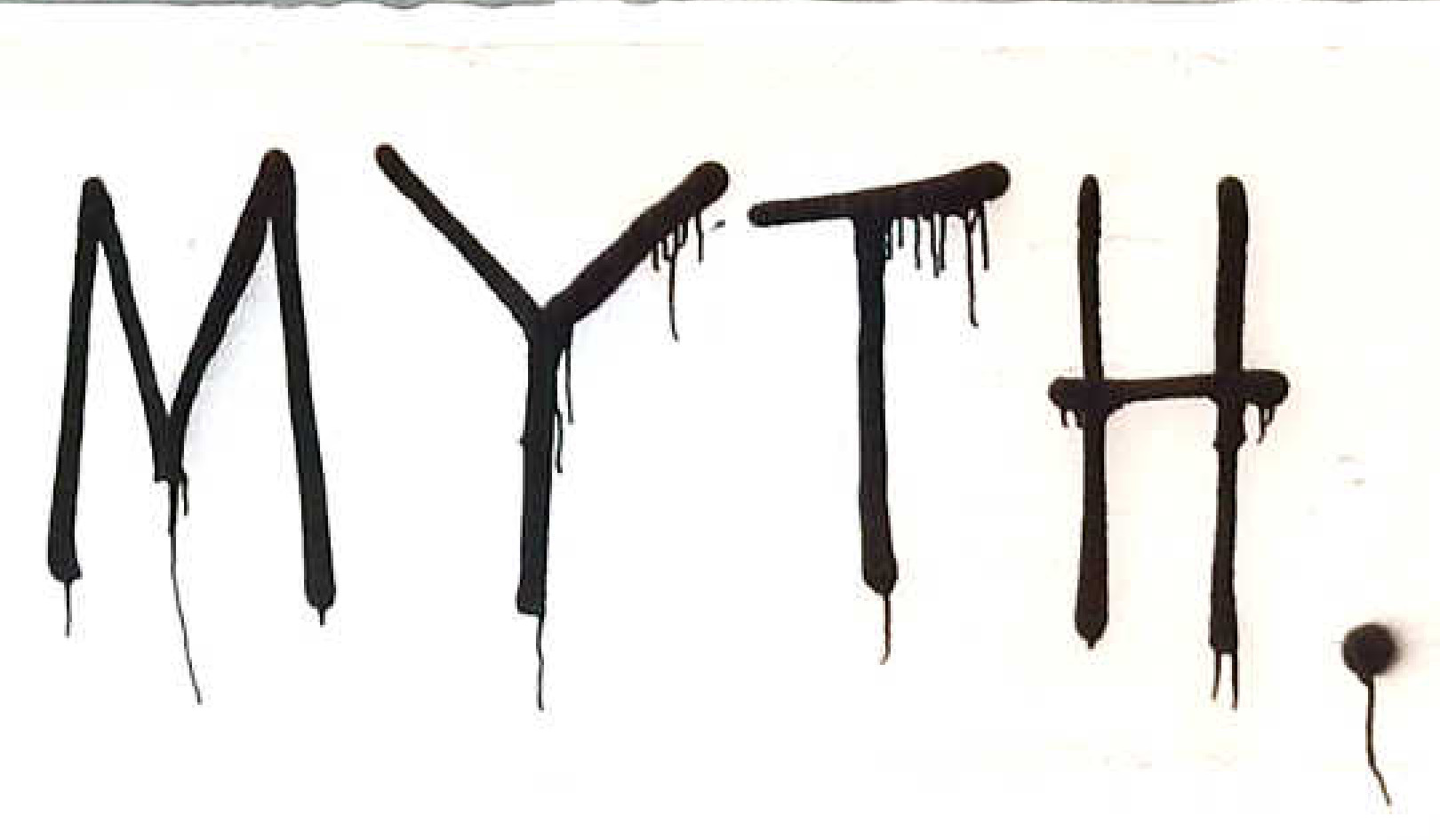
Many children are willing to make personal sacrifices to punish wrongdoers—and even more so if they believe punishment will teach the transgressor a lesson, according to a new study.
Philosophers and psychologists have long argued whether the main reason people punish others for bad behavior is to enact retribution or to impart a moral lesson. In adults, most studies show the answer is that people have both motives.
“Retribution is a driving force in young children’s moral judgment.”
But what about children, who are less steeped in societal values?
“Children are less exposed to social ideas about how to behave in certain ways,” says first author Julia Marshall, who conducted the research in the lab of Molly Crockett, assistant professor of psychology at Yale University and senior author of the paper. “We wanted to know if children are interested in punishing others because they want wrongdoers to pay, because they want to teach bad actors a lesson, or a combination of both.”
For the study, Marshall, Crockett, and Yale postdoctoral fellow Daniel Yudkin monitored the responses of 251 children between the ages of 4 and 7 who watched a video of a child tearing up another youngster’s art work.
The children first had to decide whether to punish the art destroyer by taking away their iPad. However, if the children decided to punish the transgressor, they would have to make a personal sacrifice—their own iPad would be locked away.
The researchers divided the children into two groups. The first group was told that if they chose “retributive” punishment, the wrongdoer would lose use of their iPad but would not be told why. The second group was told if they punished the wrongdoer he or she would be told it was for ripping up the drawing, what researchers called the “communicative” condition.
About one-quarter of children (26%) in the first group decided to punish the transgressor even after being told they would lose use of their own iPad.
“Retribution is a driving force in young children’s moral judgment,” says Marshall.
However, children in the second group, who knew that the wrongdoer would be told why he or she was being disciplined, were 24% more likely to punish than the first group.
“The opportunity to teach a wrongdoer a lesson motivates children to punish over and above the desire to see them suffer for their actions,” Crockett says.
“Children seem equipped at an early age with both a desire for punishers to receive their just deserts, and a desire to have them improve their behavior for next time,” says Marshall, who is now a postdoctoral researcher at Boston College.
Crockett adds: “Despite having a taste for retribution, young children also value the social benefits that punishment can bring. How social learning impacts the balance of retributive and forward-looking motives for punishment is an important avenue for future study.”
About the Authors
The research appears in the journal Nature Human Behaviour.

Related Books:
Atomic Habits: An Easy & Proven Way to Build Good Habits & Break Bad Ones
by James Clear
Atomic Habits provides practical advice for developing good habits and breaking bad ones, based on scientific research on behavior change.
Click for more info or to order
The Four Tendencies: The Indispensable Personality Profiles That Reveal How to Make Your Life Better (and Other People's Lives Better, Too)
by Gretchen Rubin
The Four Tendencies identifies four personality types and explains how understanding your own tendencies can help you improve your relationships, work habits, and overall happiness.
Click for more info or to order
Think Again: The Power of Knowing What You Don't Know
by Adam Grant
Think Again explores how people can change their minds and attitudes, and offers strategies for improving critical thinking and decision making.
Click for more info or to order
The Body Keeps the Score: Brain, Mind, and Body in the Healing of Trauma
by Bessel van der Kolk
The Body Keeps the Score discusses the connection between trauma and physical health, and offers insights into how trauma can be treated and healed.
Click for more info or to order
The Psychology of Money: Timeless lessons on wealth, greed, and happiness
by Morgan Housel
The Psychology of Money examines the ways in which our attitudes and behaviors around money can shape our financial success and overall well-being.

























